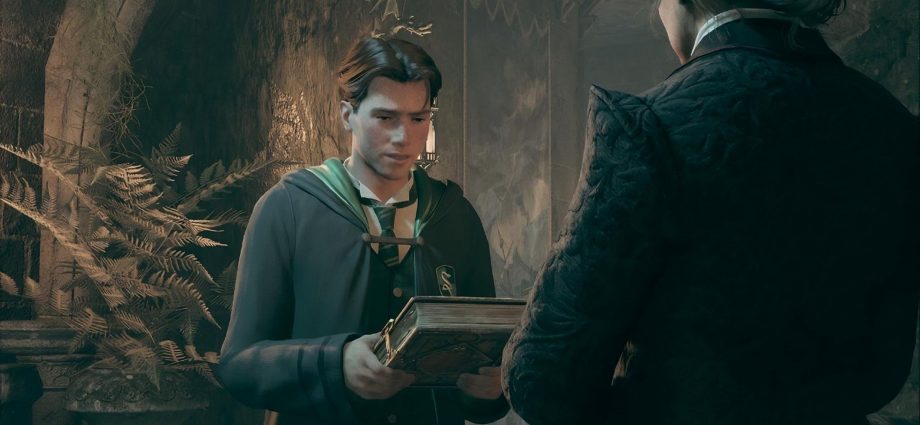Hogwarts Legacy is one of the most financially successful and popular breakout releases of the past few years, outselling heavy-hitters like Call of Duty and Zelda in the year of its launch. In light of this, and considering the breadth of its Harry Potter source material, a Hogwarts Legacy sequel seems all but confirmed, offering developer Avalanche Software the chance to right some of its wrongs from the first game.
What exactly these “wrongs” are depends on who’s asked, of course, but there have been a few common complaints, such as those about the game’s shallow open-world design and the bland, uninspired main character. But zooming out a bit, it’s fair to say that Hogwarts Legacy‘s broader mishandling of its RPG elements serves as a mark against the entire experience, as both its narrative choices and gameplay lack real weight: the player’s actions don’t have meaningful consequences, even though it often seems like they should. This has led some to suggest a morality system, similar to those found in the likes of Mass Effect and Fable, for the sequel. While there’s merit to such suggestions, there’s also a case to be made that Hogwarts Legacy 2 would be better off with a different strategy.

Related
Hogwarts Legacy’s Sequel Should Go All or Nothing on Quidditch
The omission of quidditch in Hogwarts Legacy is definitely puzzling, leaving a gaping hole for the inevitable sequel to fill.
Why a Morality System Isn’t the Right Choice for Hogwarts Legacy 2
Hogwarts Legacy 2 Could Struggle to Introduce a Nuanced Morality Binary
The concept of an in-game morality system is a complicated one, as the term is generally used to encompass all manner of different narrative and gameplay features. For example, making “evil” decisions in Infamous changes the player-character’s appearance and unlocks different abilities, whereas making such choices in Mass Effect just unlocks new dialog options while having a more significant impact on the plot. This direct influence on gameplay and narrative is what makes morality systems so compelling, but they can also be needlessly restrictive, rote, and coarse, posing potential issues for a similar system in Hogwarts Legacy 2.
In essence, a morality system tells a player how to think, and establishes an objective “right” and “wrong” inside the game world. This isn’t to say that a game shouldn’t make moral judgments in some cases—most people can agree that killing innocent civilians, for example, is wrong and should be punished—but morality systems nevertheless water down what could be more ethically complex dilemmas. Mass Effect‘s Paragon and Renegade system is a good example of this, offering the player red-colored Renegade dialog options and blue-colored Paragon ones, making assertions about right and wrong instead of letting the player come to those conclusions themselves. Linking tertiary features like cosmetics and special abilities to moral alignment further muddies the waters: is a player making a morally gray choice because that’s what they truly believe is the right call, or because they want a specific piece of gear or upgrade?
What Hogwarts Legacy 2 Should Include Instead of a Morality System
While traditional morality systems have a tendency to, for lack of a better term, dumb down a gameplay or narrative experience, that doesn’t mean that their core premise is faulty. On the contrary, morality systems exist to drive home a sense of consequence for the player’s actions, communicating that if they make X decision, then Y will inevitably happen. This is something that Hogwarts Legacy 2‘s RPG design desperately needs.
Instead of coloring specific choices as explicitly good or bad, Hogwarts Legacy 2 should let the player make such moral classifications themselves, but there should still be consequences. For example, perhaps the player can make a choice during a side quest that is deemed unpopular by their allies, but this worsening of friendly NPC opinion wouldn’t need to be defined as a result of an evil deed; rather, the deed itself could be interpreted in a number of ways, and the impact that it has on in-game relationships would simply be a cause to the decision’s effect—not an ethical judgment passed upon the player-character. Consequence should be the focus, not objective moral judgment.

Hogwarts Legacy
- Released
-
February 10, 2023
- ESRB
-
T For Teen Due To Blood, Fantasy Violence, Mild Language, Use of Alcohol
- Engine
-
Unreal Engine 4

